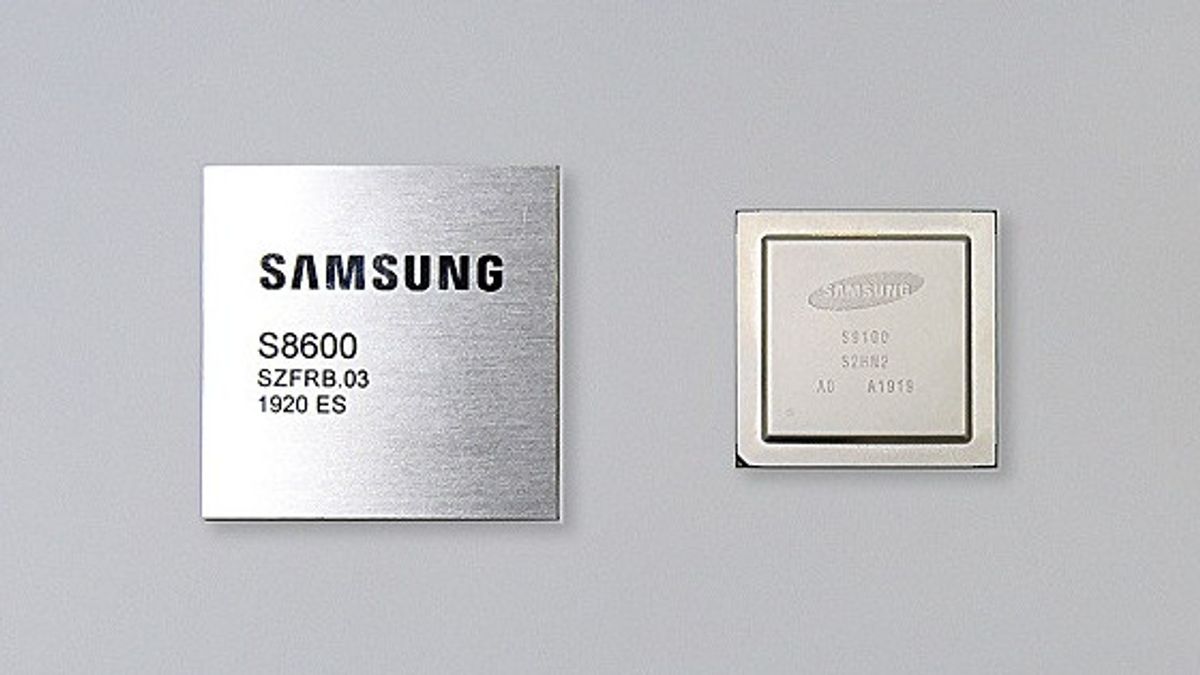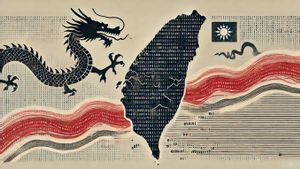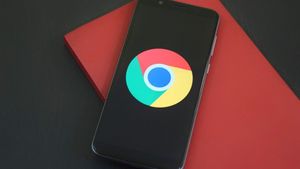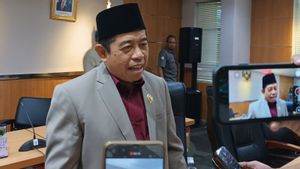JAKARTA - Tidalized technology giants Samsung, Ericsson, IBM and Intel are collaborating to plan research and develop next-generation chips.
This partnership was sponsored by the US National Science Foundation (NSF) with a grant of US$50 million equivalent to Rp749 billion for initiatives in Future of Semiconductors.
The four companies will work together on the idea of a joint design, which is based on various agendas related to the development of next-generation chips, including device performance, chip levels, recycling capability systems, environmental impacts and manufacturing capabilities.
"Development of future semiconductors and microelectronics will require a level of trans-disciplinary research, gadgets, and systems as well as handling innovation ideas both in the academic and industrial sectors," NSF Director Sethuraman Panchanathan said in a statement.
NSF berharap, empat perusahaan tersebut dapat menggunakan dana itu untuk menginformasikan kebutuhan penelitian, mendorong inovasi, mempercepat penjeliran hasil ke pasar, dan mempersiap tenaga kerja masa depan.
Samsung, Ericsson, IBM and Intel often develop their own chips, while according to the program it slows the creation of new architectural methods, materials, tools and designs.
Therefore, this collaboration will see an extraordinary possibility in developing joint computing technology to advance it and reduce production costs. The goal is, of course, to build a major coalition of scientists and engineers.
The NSF added, a holistic approach, a joint design can accelerate the creation of high-performance, resilient, safe, compact, energy efficient, and cost-effective solutions.
It makes sense that Samsung, one of the world's most significant semiconductor manufacturers, will agree to this plan to jointly make the next generation of chips. It is not clear exactly when the consumer and business industries will benefit from the partnership for future generations of computer technology. This was quoted from various sources, Tuesday, January 31.
The English, Chinese, Japanese, Arabic, and French versions are automatically generated by the AI. So there may still be inaccuracies in translating, please always see Indonesian as our main language. (system supported by DigitalSiber.id)













